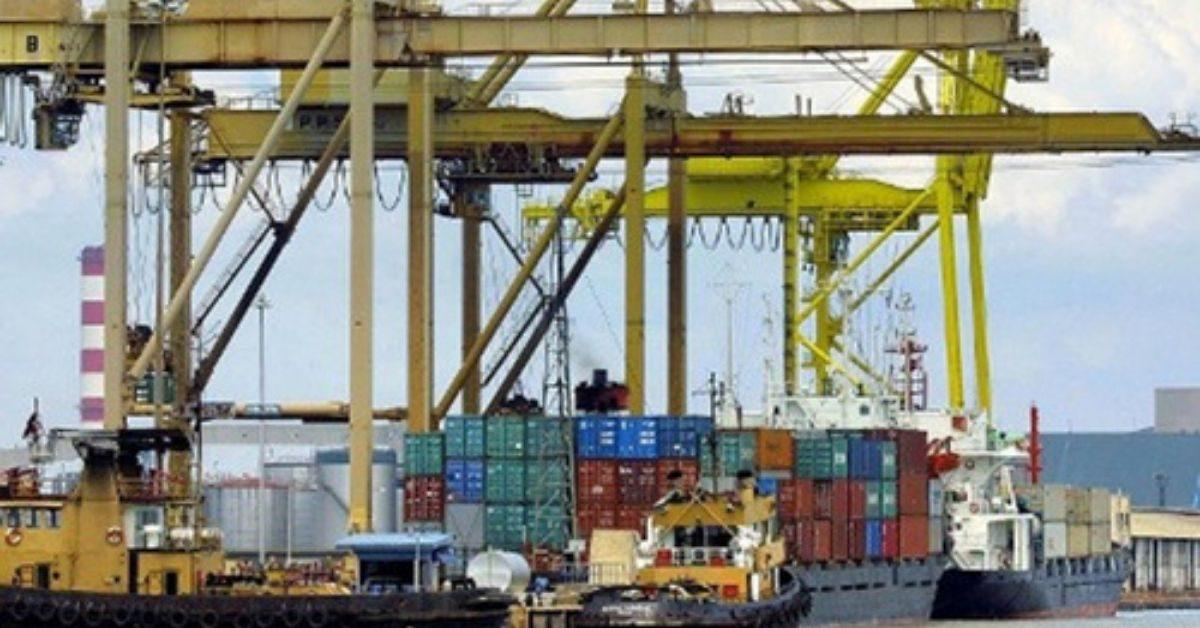Source: The Express Tribune
The Karachi Port Trust (KPT) had entered into a concession agreement with Abu Dhabi Ports Group (ADPG) of the UAE government to operate the Karachi Gateway Terminal Limited (KGTL).
Under the pact, the terminal underwent modernisation at a cost of $220 million, with an additional investment of $1.8 billion over the next 10 years.
The capacity of the terminal has been increased, and the depth of the berths expanded to accommodate post-panamax vessels carrying 8,500 containers.
The new terminal will handle thousands of containers but without railway tracks.
The sources said the Pakistan Railways was not taken on board while signing the agreement for the new terminal.
They added that there would be an investment of $1.8 billion, but not even a penny had been allocated for a railway track.
They sources pointed out that railway tracks were also built along the ports all over the world including India.
They continued that a railway track would have benefitted the country’s exporters and importers as their goods would reach their destinations on time. The Pakistan Railways started a one kilometer long freight train just a week ago.
The sources maintained that 70% of the world’s business was carried out through freight trains.
The Pakistan Railways has set a record by running the world’s longest freight train that boasted an impressive length of over 2,500 feet and comprised a whopping 50 coaches, its spokesperson said last week. The spokesperson added that the freight train was propelled by a formidable GE U40 locomotive engine.
He said the train’s journey commenced from Karachi, carrying a staggering load of over 3,000 tons of cargo, destined for Kotri.
“This monumental initiative not only signifies a breakthrough for Pakistan Railways but also promises substantial benefits for the nation.”
Despite its colossal size, the freight train achieved remarkable speeds, attaining a top speed of 60-km per hour and maintaining an impressive average speed of 38-km per hour throughout its journey. The agreement with the KPT was part of the ADPG’s investment strategy to expand its maritime presence and establish long-term development potential in the region.







